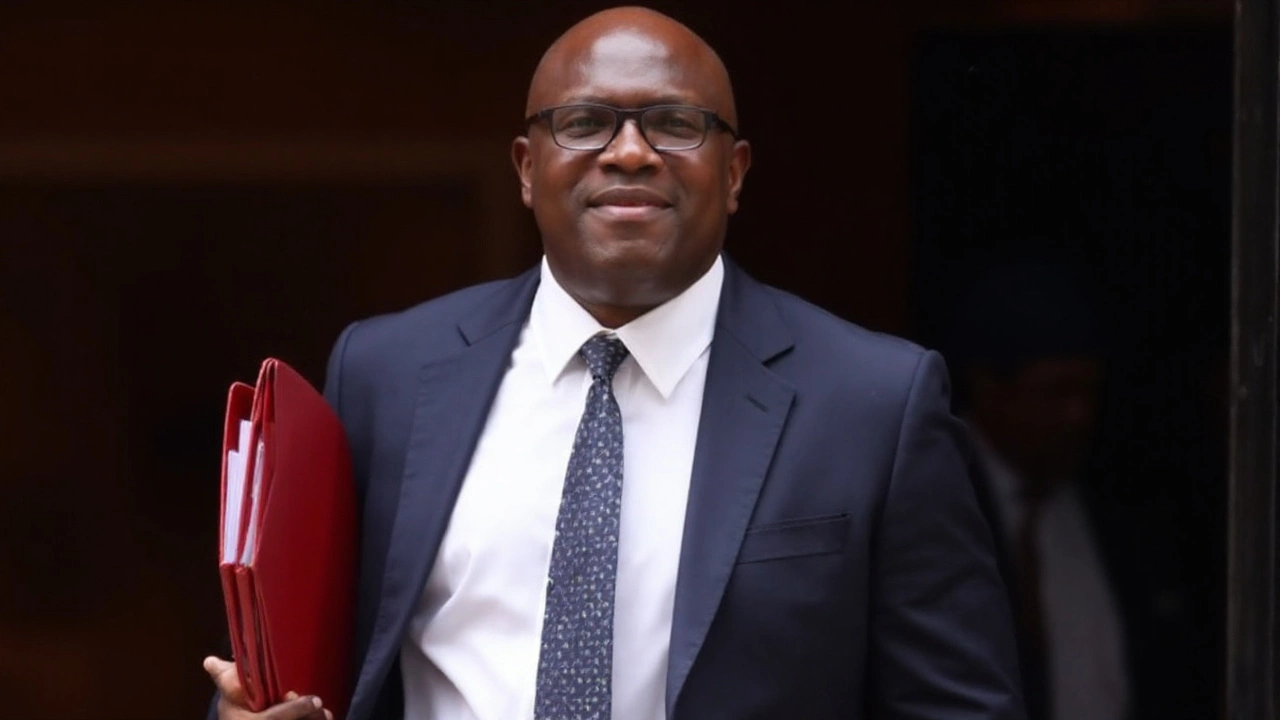Foreign Secretary – What the Job Is All About
When you hear "Foreign Secretary" you probably think of fancy meetings, world leaders, and big‑ticket deals. In reality, the role is a mix of daily coordination, crisis management, and long‑term strategy. It’s the UK’s top diplomat, the person who turns global events into policies that affect everything from trade to travel.
Most people only see the headlines – a new treaty signed, a press conference after a conflict, or a trip to a distant capital. But behind those moments is a lot of paperwork, briefing sessions, and quick decisions. The Foreign Secretary works with the Foreign, Commonwealth & Development Office (FCDO) to guide British interests abroad while keeping the public informed.
What Does a Foreign Secretary Do?
The main job is to shape and deliver the UK’s foreign policy. That means setting priorities for where the country should focus its diplomatic energy – whether it’s the EU, the US, emerging markets, or conflict zones. The Secretary meets ambassadors, negotiates trade deals, and represents the UK at international forums like the UN and NATO.
Another big part of the role is crisis response. When a natural disaster hits a British‑connected region, or a sudden political upheaval erupts, the Foreign Secretary must coordinate evacuations, issue travel advice, and work with allies to manage the fallout. This often involves rapid briefings, public statements, and behind‑the‑scenes talks with other governments.
On the home front, the Secretary works closely with the Prime Minister and other cabinet members. They need to align foreign policy with domestic goals such as economic growth, security, and human rights. That coordination ensures that a trade agreement, for example, also supports jobs at home.
Key Challenges and Recent Actions
One of the toughest challenges today is balancing relationships with traditional allies while engaging new partners. The UK has been strengthening ties with the Indo‑Pacific region, signing security pacts and trade agreements that reflect shifting global power dynamics.
Another hot topic is the climate agenda. The Foreign Secretary has been pushing for greener diplomatic initiatives, urging other nations to stick to the Paris Agreement targets and helping UK businesses tap into overseas green markets.
Recent headlines also show the Secretary dealing with geopolitical tensions. From navigating the fallout of the Ukraine conflict to managing diplomatic rows over trade restrictions, each situation demands quick, clear communication and careful negotiation.
People often ask: how does the Foreign Secretary stay informed? The answer lies in a network of embassies, intelligence briefings, and constant dialogue with foreign leaders. This information flow lets the Secretary spot risks early and act before a crisis escalates.
In short, the role mixes strategic vision with day‑to‑day problem solving. If you’re curious about how Britain’s voice reaches the world stage, watch the Foreign Secretary’s statements during big events – they’re a window into the country’s priorities and the global challenges that shape everyday life.

